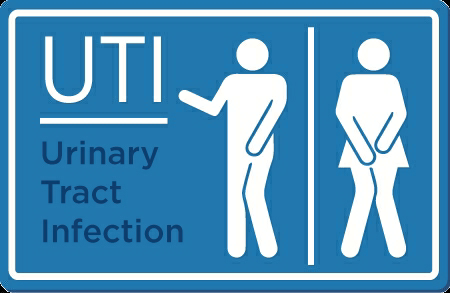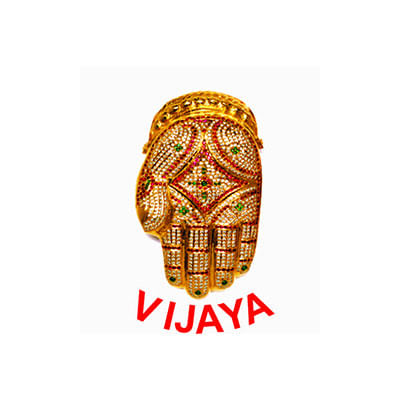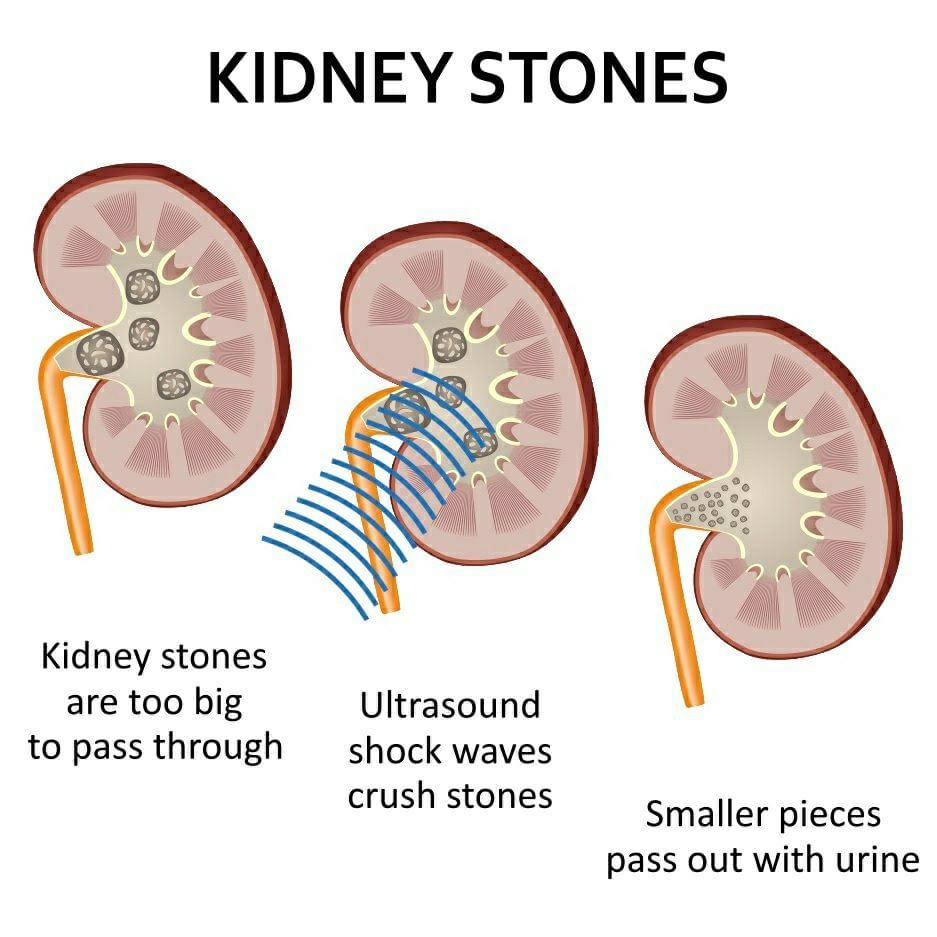Get the App
For Doctors
Login/Sign-up
About
Health Feed
Find Doctors
Health Packages
AllQ&AsTipsQuizzes
Blood In Urine (Hematuria) Treatment Tips
Last Updated: 6 years ago• Featured Tip
Share
Bookmark
Report
A large number of women visit the doctor for common ailments like involuntary urination or incontinence, which occurs due to weakening of the sphincter muscles around the urethra. An overactive bladder is an embarrassing as well as an annoying condition and it comes in forms like urinary urgency, urge incontinence, nocturia and frequency. Yes, there are solutions to this problem and the main solution that can be adapted is a change in lifestyle.
Imperative tips to follow to treat an ove...more
Imperative tips to follow to treat an ove...more
Last Updated: 6 years ago• Featured Tip
Share
Bookmark
Report
Urinary infection is one widespread disorder that most of human beings face in the later stages of their lives. The infection is experienced mostly by half of the women and according to statistical data, it has been noted that about 40% of women and 12% of men get infected with urinary infection. Women who are sexually active have more possibilities to get this infection. It is an infection suffered by many people and, which is more vulnerable to children and women.
The symptoms that ar...more
The symptoms that ar...more
Last Updated: 6 years ago• Featured Tip
Share
Bookmark
Report
HAEMATURIA: means the presence of blood in urine.
Types:
Macroscopic haematuria: which means the patient has seen blood.
Microscopic dipstick haematuria: means blood identified by urine microscopy or by dipstick testing either in association with other urological symptoms (symptomatic microscopic haematuria) or during a routine medical examination.
It has been variably defined as 3 or more, 5 or more or 10 or more Red Blood Cells (RBCs) per high- power field.<...more
Types:
Macroscopic haematuria: which means the patient has seen blood.
Microscopic dipstick haematuria: means blood identified by urine microscopy or by dipstick testing either in association with other urological symptoms (symptomatic microscopic haematuria) or during a routine medical examination.
It has been variably defined as 3 or more, 5 or more or 10 or more Red Blood Cells (RBCs) per high- power field.<...more
Last Updated: 6 years ago• Featured Tip
Share
Bookmark
Report
The structure responsible for production, transportation, storage and excretion of urine form the urinary tract. Kidney, ureters, bladder and urethra are structures involved in urine formation and excretion process. Kidney filters nearly 3 ounces of blood, removes waste materials every minute. When these get infected with entry of any micro organism or any other pathological condition, then the person gets urinary tract infection (UTI).
Causes and symptoms
Urinary tract infecti...more
Causes and symptoms
Urinary tract infecti...more
Last Updated: 6 years ago• Featured Tip
Share
Bookmark
Report
Urinary Tract Infections are a group of diseases that affect one s urinary system such as the urethra, bladder, ureters or kidneys. Women are more prone to contracting UTIs than men. They may be accompanied by symptoms such as a constant urge to urinate frequently along with a burning sensation in the concerned parts and pelvic pain. The urine may have traces of blood in it. These infections are usually treated with antibiotics.
Causes behind Urinary Tract Infection:
Urinary Tr...more
Causes behind Urinary Tract Infection:
Urinary Tr...more
Last Updated: 6 years ago• Featured Tip
Share
Bookmark
Report
The structure responsible for production, transportation, storage and excretion of urine from the urinary tract. Kidney, ureters, bladder and urethra are structures involved in urine formation and excretion process. Kidney filters nearly 3 ounces of blood, removes waste materials every minute. When these get infected with entry of any micro organism or any other pathological condition, then the person gets urinary tract infection (UTI).
Causes and symptoms
Urinary tract infections a...more
Causes and symptoms
Urinary tract infections a...more
Last Updated: 6 years ago• Featured Tip
Share
Bookmark
Report
The urinary system of our body consists of kidneys, ureter, bladder, and urethra. A urinary tract infection occurs in the system and is the most common disease in women, especially during pregnancy. Pregnancy leads to many hormonal changes in a woman s body. The changes increase the risk of vesicoureteral flux and urinary stasis. Though most of the infections are limited to the bladder and urethra, sometimes it might even affect the kidneys. When the UTI reaches the kidneys during pregnancy, it ...more
Last Updated: 6 years ago• Featured Tip
Share
Bookmark
Report
A urinary tract infection (uti) is an infection in any part of your urinary system your kidneys, ureters, bladder and urethra. Most infections involve the lower urinary tract the bladder and the urethra.
Women are at greater risk of developing a uti than are men. Infection limited to your bladder can be painful and annoying. However, serious consequences can occur if a uti spreads to your kidneys.
Doctors typically treat urinary tract infections with antibiotics. But you ca...more
Women are at greater risk of developing a uti than are men. Infection limited to your bladder can be painful and annoying. However, serious consequences can occur if a uti spreads to your kidneys.
Doctors typically treat urinary tract infections with antibiotics. But you ca...more
Last Updated: 6 years ago• Featured Tip
Share
Bookmark
Report
Urologist•Hyderabad
Interstitial cystitis (IC), also known as painful bladder syndrome, is a difficult condition. It is difficult to diagnose and though there are treatments that can make life easier, there is no long-term cure. Interstitial cystitis is a lifelong bladder problem, that causes pressure and pain below the belly button. Symptoms can be constant, or they may fluctuate. It causes painful and urgent trips to the bathroom. In severe cases, you may need to urinate about 40 to 60 times in a day.
Wh...more
Wh...more
Last Updated: 6 years ago• Featured Tip
Share
Bookmark
Report
Treating patients with kidney stones has changed significantly during the last 10-15 years with the advancement of technology and medical knowledge. Treatment can now be tailored to the individual patient based on a variety of factors including the size and location of the stone, the symptoms caused by the stone and patient's overall medical condition. Our clinic's comprehensive, multidisciplinary kidney stone program is designed for patients who suffer from any type of renal stone disease from ...more
Book appointment with top doctors for Blood In Urine (Hematuria) Treatment treatment
View fees, clinic timings and reviews
Ask a free question
Get FREE multiple opinions from Doctors
posted anonymously




















